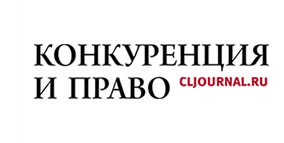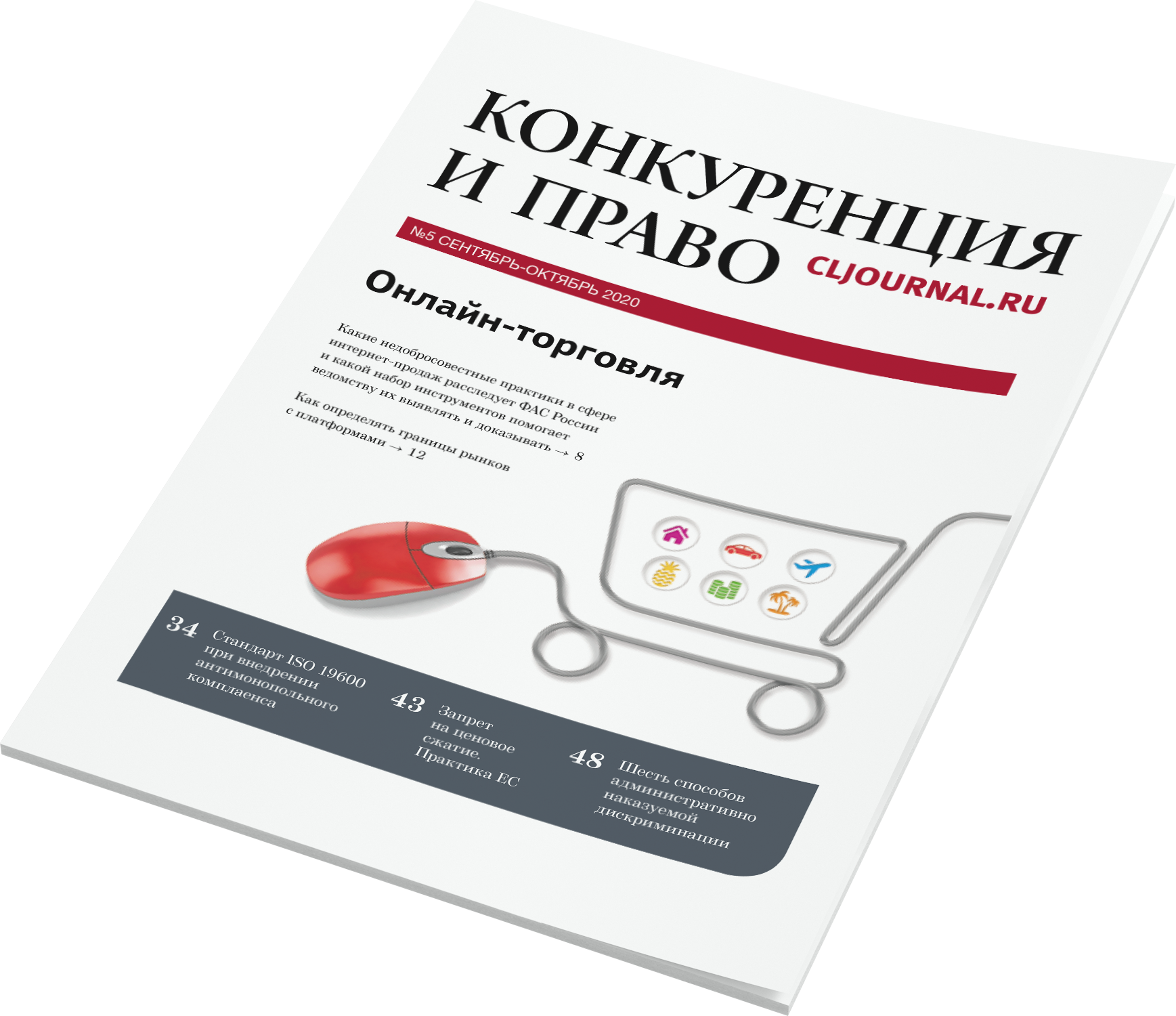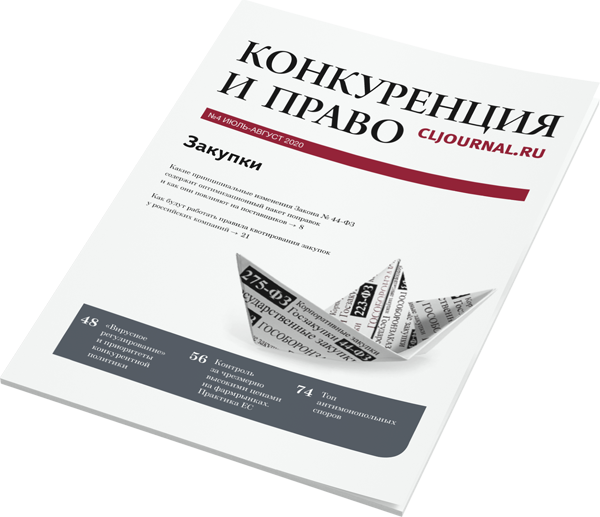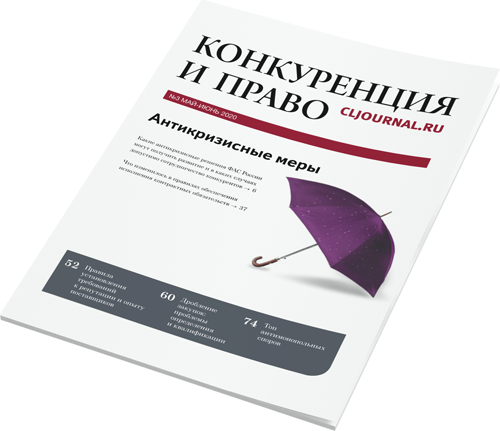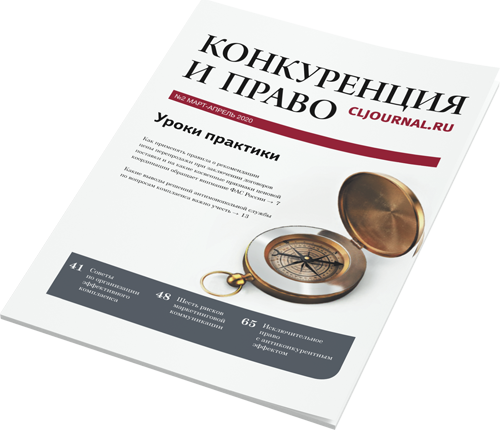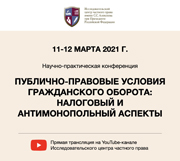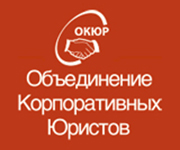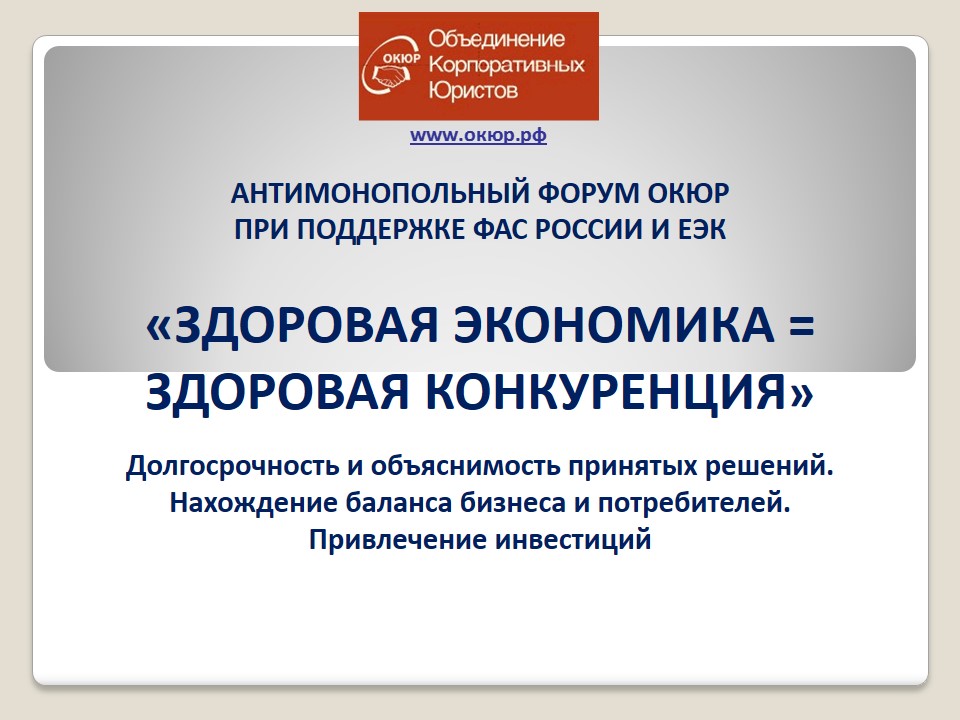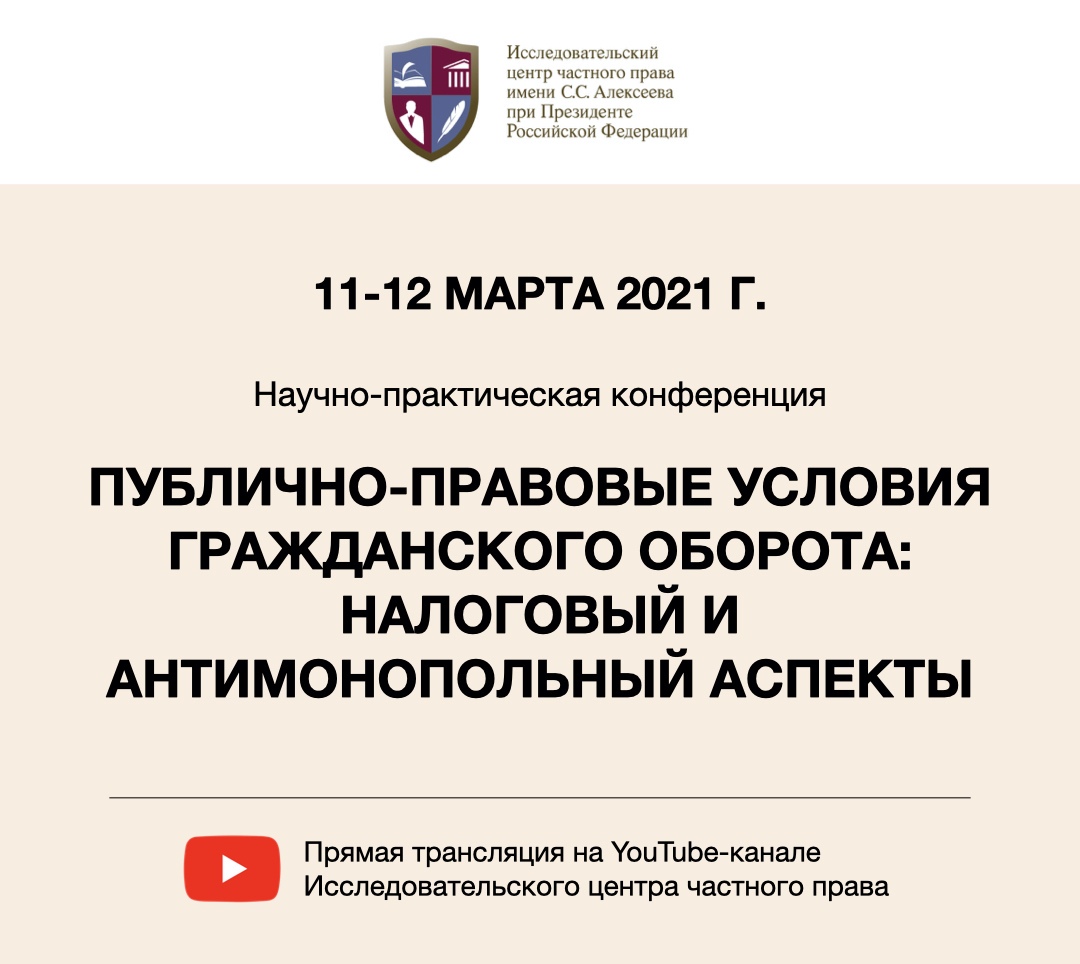|
||||||
 We have dedicated this issue to the topic that triggered heated debate within the legal community — introducing a system of class actions in Russia to protect rights and legal interests of groups of persons and implementing a mechanism for reimbursing damage from breaches of antimonopoly legislation. The source of the initiative is the Action Plan (road map) “Developing Competition and Improving Antimonopoly Policy” approved by Order No. 2579-r of the Russian Government dated 28 December 2012. The deadline for developing the draft law on class actions is November 2013, and for the draft law on multiple losses (as defined below) – October 2014. Class actions will be considered by courts of general jurisdiction, as well as by commercial (‘arbitration’) courts if there are legal entities and individual entrepreneurs that form part of the group. The concept of class actions is familiar in foreign legislation. They are common in the USA and a number of European countries. Collective court proceedings usually work through parties actively being joined to a lawsuit (opt-in) meaning that a class action is accepted if a certain minimum number of claimants have joined it. In Russia, the system of group lawsuits will presumably be opt-in type with elements of opt-out. This means not only persons that have actually suffered losses may recover them; in addition, potential members of the group that have not expressly waived their right to be represented in court with respect to the subject matter of the lawsuit may also recover their losses. The court may use a short-cut method or other methods that allow it to assess the average amount of potential losses based on the possible number of the group’s potential members. Bearing in mind the specifics of antimonopoly offences the number of such injured persons may be of enormous proportions. In addition, the draft law provides that losses may be reimbursed in an amount exceeding the actual losses inflicted on the group of persons (multiple losses). At the moment, the draft law does not specify by how many times the reimbursement may exceed the actual loss. This figure will presumably appear at a later stage. Moreover, the class action system suggests that attorneys may be entitled to a certain proportion of the damages awarded (a “success fee”). Today, when there is no clear methodology for calculating the losses caused by various breaches of antimonopoly legislation, it appears to be a premature measure to impose multiple losses along with the existing turnover-based penalties and instructions to remit to the state budget all income resulting from antimonopoly offences. This measure, if imposed, may have a serious impact even on the strongest market players. Implementing the American system in Russia may cause other negative consequences. This includes a large number of ungrounded lawsuits, business entities withdrawing from the market, and power abuses by attorneys aiming to gain personal benefit. It seems that Russia is not ready at this moment to implement the system of class actions and multiple losses. To decide whether it is prudent (or even possible) to implement this system, careful study needs to be made of the relevant experience of Europe and the US to analyse in detail the negative implications which are likely to ensue for the Russian market. Only once this has been done may a a well-balanced decision be taken. Elena Sokolovskaya Chief expert of Competition and Law 19 ноября 2013 г.
|
|

